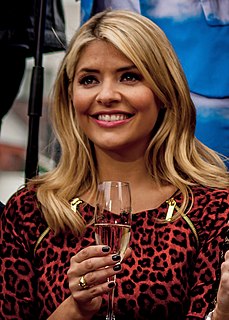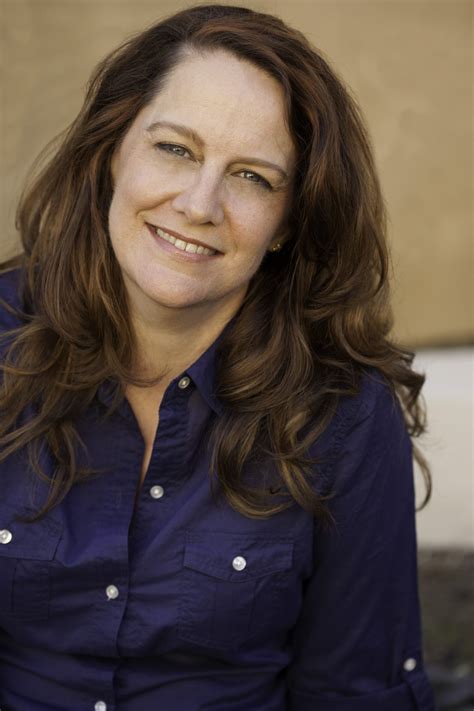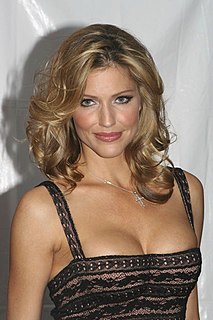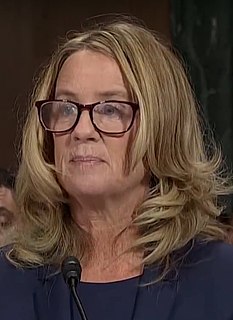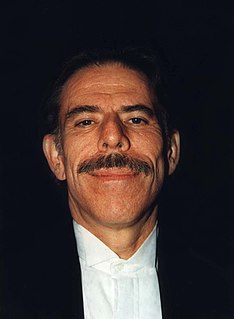A Quote by Holly Willoughby
I was going to university to study psychology and my big ambition in life was to open treatment rooms for psychotherapy.
Quote Topics
Related Quotes
Some fundamentalists go so far as to reject psychology as a disciplined study, which is unfortunate and polarizing. By definition, psychology is the study of the soul, theology is the study of God. Generally speaking, systematic theology is a study of all the essential doctrines of faith, and that would include the study of our souls (psychology).
In Western dream interpretation, it's often connected to psychotherapy and looking at the personality and what's going on in your life. In Eastern dream telling, many times there's this idea of a special gift. And without this gift, you could study and study, but you'd never really become an effective dream teller.
One strand of psychotherapy is certainly to help relieve suffering, which is a genuine medical concern. If someone is bleeding, you want to stop the bleeding. Another medical aspect is the treatment of chronic complaints that are disabling in some way. And many of our troubles are chronic. Life is chronic. So there is a reasonable, sensible, medical side to psychotherapy.
For me, psychology and art interact and overlap in so many ways. Psychology is the study of the inner life and creativity comes from the imagination and a response to the environment, as you know. So they're both very similar in that way because it's about one's inner life interacting with the environment and what comes from that.
In 1975, the respected British medical journal Lancet reported on a study which compared the effect on cancer patients of (1) a single chemotherapy, (2) multiple chemotherapy, and (3) no treatment at all. No treatment 'proved a significantly better policy for patients' survival and for quality of remaining life.'
